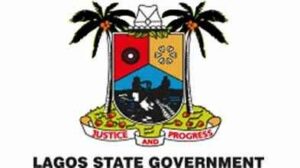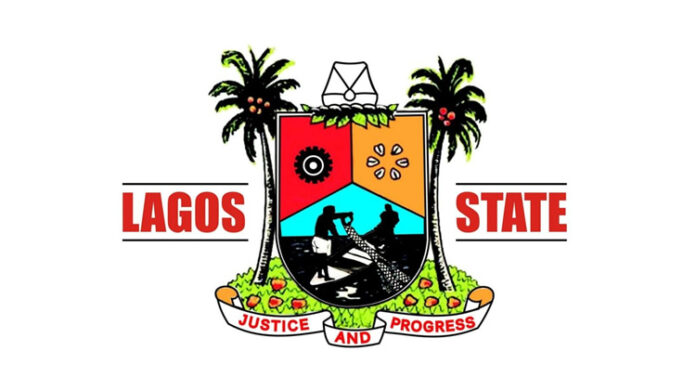In a significant step towards improving access to legal knowledge, the Lagos State Government has announced plans to translate existing state laws from English into Yoruba.
This initiative aims to enhance the accessibility and comprehension of legal frameworks among the Yoruba-speaking population in Lagos and beyond.
The announcement was made during a One-Day Stakeholders’ Meeting on the People’s Perception Survey regarding the translation of Lagos State laws into Yoruba.
The event, organized by the Law Reform Commission in collaboration with the Lagos Bureau of Statistics and the Ministry of Economic Planning and Budget, took place at the Debt Management Office, STO Resources Centre, Assbifi Road, Ikeja.
Utilizing OpenAI’s GPT-4 technology, the translation project seeks to ensure that the diverse Yoruba-speaking community can easily understand and comply with the laws governing their affairs.
“This is not just about language; it’s about empowering people,” said Mrs. Umul-Kulthum Ninilomo Bashar, Executive Secretary of the Lagos State Law Reform Commission.
“Translating Lagos State laws into Yoruba will enable citizens to access and comprehend these laws in their mother tongue, ultimately improving public confidence in the government.”
Bashar characterized the initiative as a groundbreaking approach to legal reform that combines cutting-edge AI technology with the cultural realities of the residents.
The project aims to translate at least 70 laws annually, establish a digital library of Lagos State laws in Yoruba, and set a new standard for other states.
Additionally, efforts will be made to incorporate the Ogu language into the law reforms after the Yoruba translation is completed.
“This project will significantly reduce enforcement costs and foster greater voluntary compliance,” she added. “For too long, language barriers have led to misunderstandings and non-compliance, making law enforcement more costly and creating friction between the government and its people.”
Mrs. Adejoke Deborah Olajide, the Yoruba Consultant for the Lagos State House of Assembly, emphasized the cultural importance of translating these laws. “Yoruba is the native language of a significant portion of the population, and this translation project will allow more people to understand the laws that govern them,” she stated. “This initiative will bridge the gap between legal jargon and the everyday language spoken by the majority.”

Olajide also highlighted the effort’s role in preserving the Yoruba language, noting, “This is not only about legal comprehension but also about preserving our linguistic heritage for future generations.”
Alhaji Hamzat Azeez, Chairman of the Community Development Advisory Council, reiterated the initiative’s significance, stating that residents must be aware of the laws that govern them. “Ignorance is not an excuse in law, and it’s vital that the law is interpreted in a language people understand for better awareness and compliance,” he said.
The meeting gathered community representatives from various parts of the state to discuss the initiative and gather feedback, underscoring the Lagos State Government’s commitment to fostering a more inclusive legal environment through accessible language.




